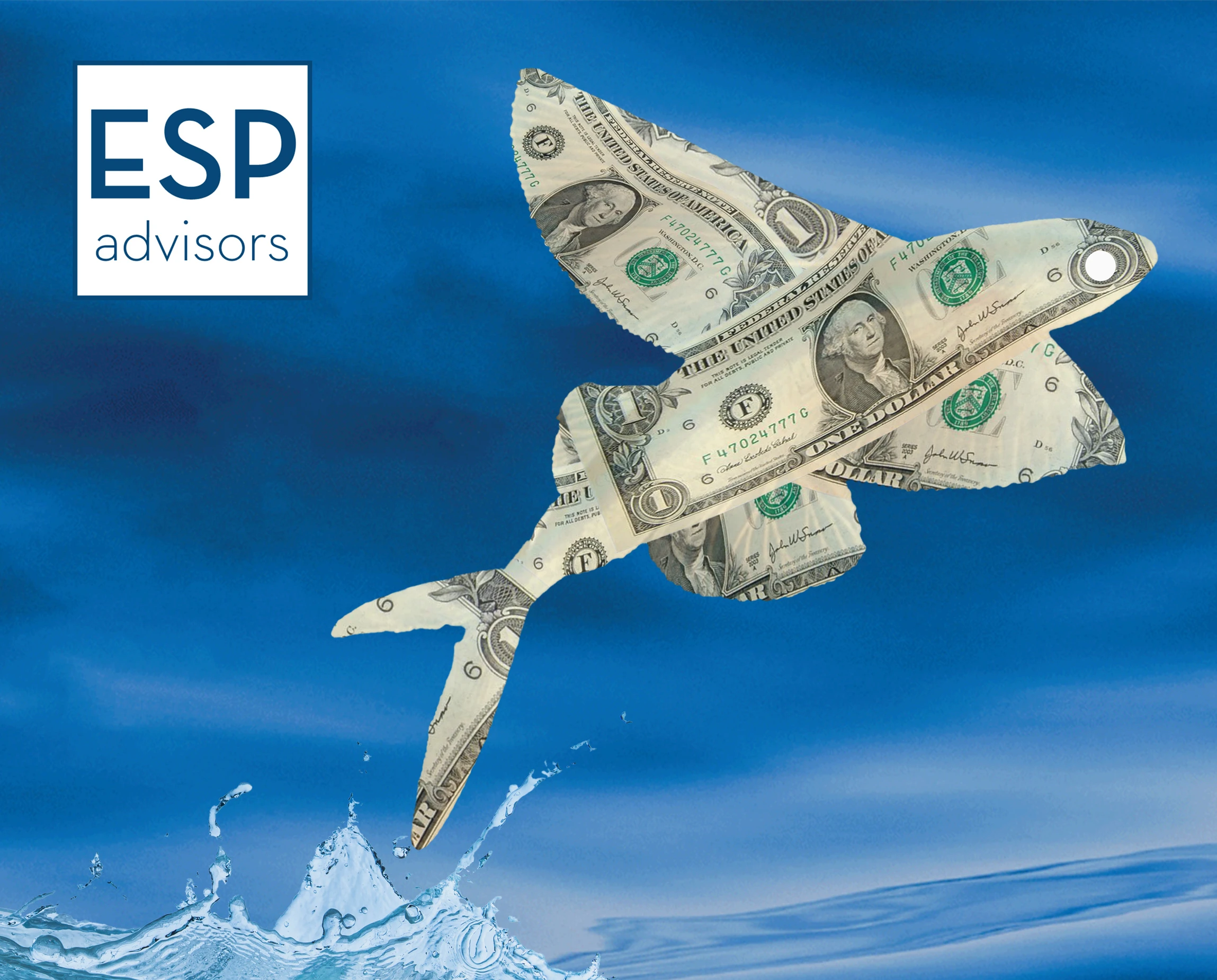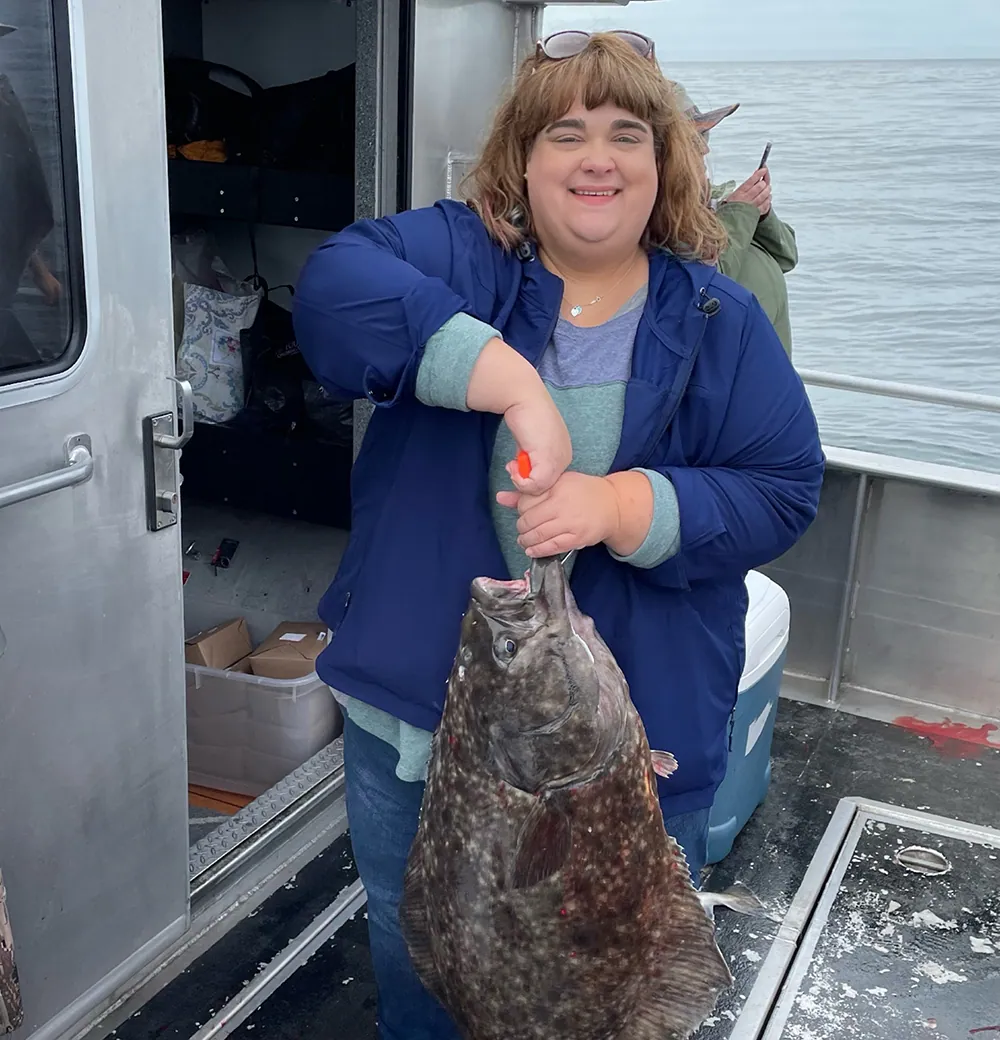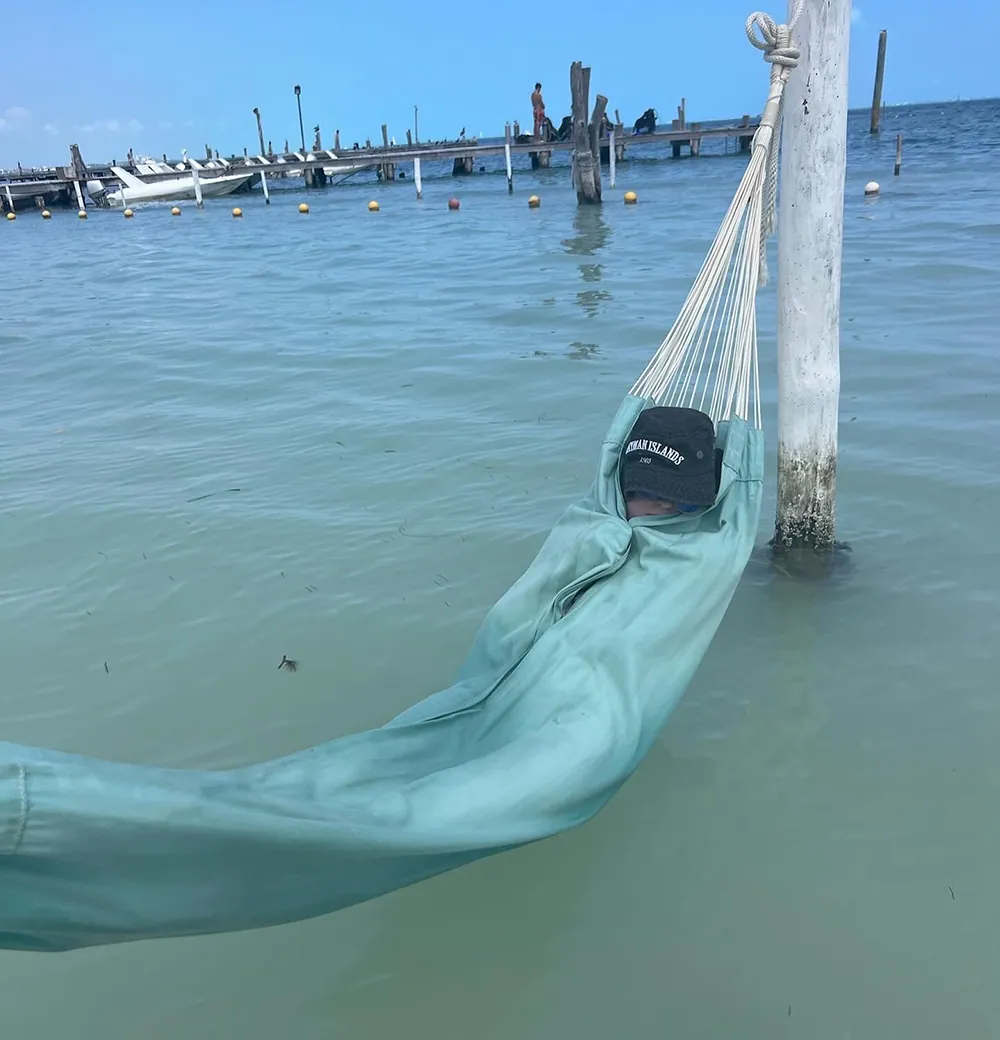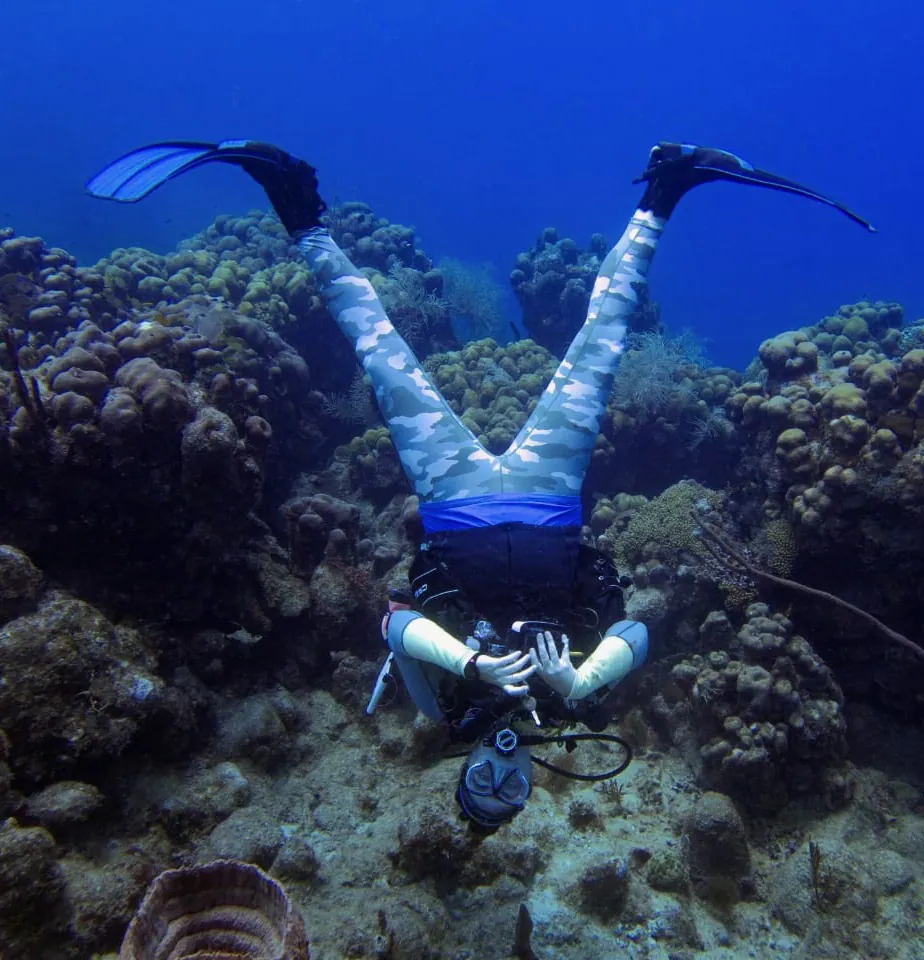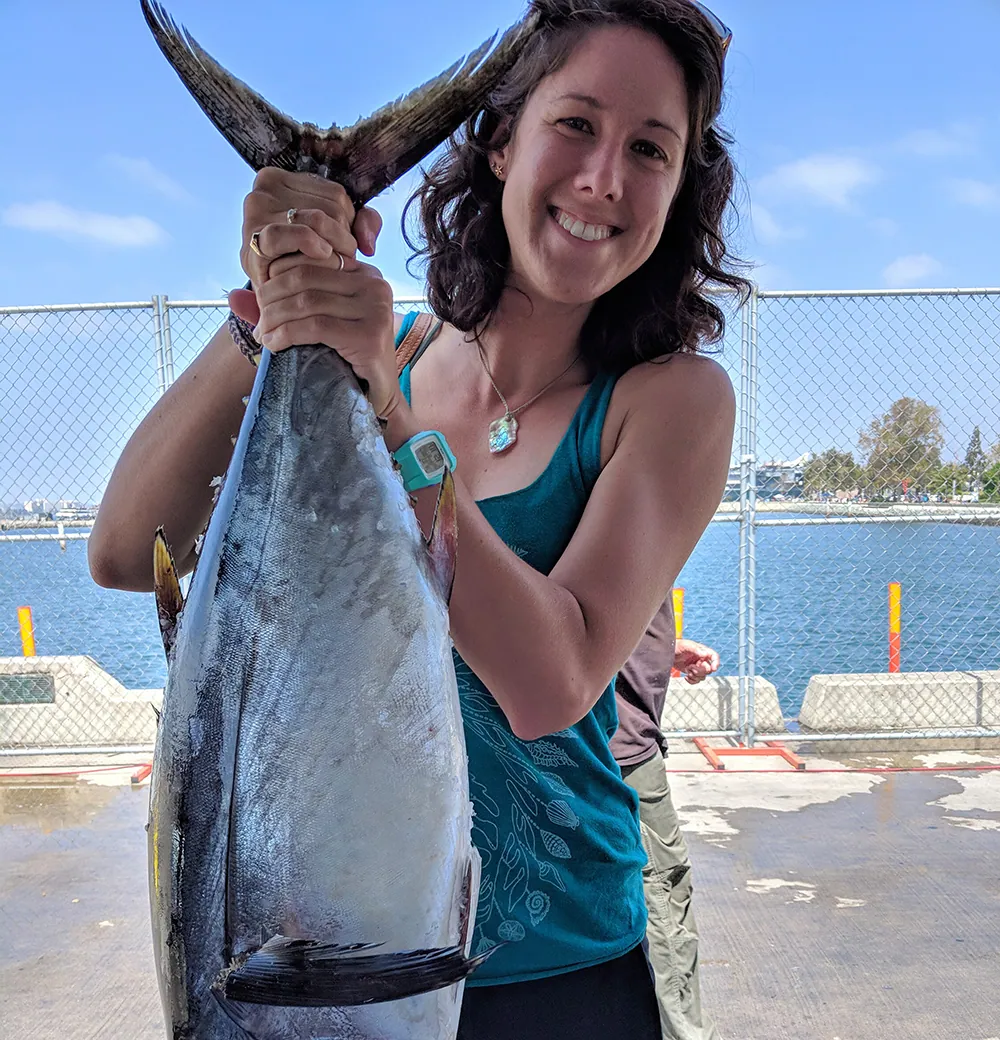On Thursday, June 22, 2023, the Senate Appropriations Committee met to vote on its 12 subcommittee funding allocations, marking another step forward in what has been a tense march towards final decisions around U.S. government spending for the 2024 fiscal year (FY24). Subcommittee allocations establish the cap on spending for each of the appropriations bills by which Congress divvies up federal dollars to carry out non-mandatory government programs for a given year.
The Senate Appropriations subcommittee allocations adhere to budget caps set in place earlier this month by the debt limit compromise negotiated by President Joe Biden and House Speaker Kevin McCarthy (R-CA-20). The House Appropriations Subcommittee allocations, which were released June 15, have lower overall spending caps than those agreed to in the debt limit agreement.
From complex debt limit debates to continuing party infighting, there have been a lot of questions about how this year’s government spending decisions will play out. While the subcommittee allocations offer important insight into congressional priorities in a zero-sum game, it’s important to remember that they are just topline numbers. Establishing them is just the first step, and much remains to be seen as the appropriations process unfolds. Let’s take a look at what’s happened so far, what is yet to come, and how it might impact federal ocean, environment, and science spending.
New to appropriations? Our breakdown of the government funding process can be found here.
The Debt Ceiling Dance: What it Means for FY24
After coming dangerously close to defaulting on the nation’s debt, Congress passed the Fiscal Responsibility Act (H.R.3746) on June 1. The bill, a compromise brokered by President Biden and Speaker McCarthy, passed the House by a margin of 314-117 and the Senate by a margin of 63-36.
In addition to suspending the debt limit until January 2025, the Fiscal Responsibility Act sets limits on government spending for the next two fiscal years. Spending for the coming FY24 fiscal year, which begins on October 1, 2023, was capped at $886.3 billion for defense and $703.7 billion for nondefense. This $1.59 trillion total is $12.2 billion below what Congress approved for FY23, partially due to one-time spending included in last year’s funding omnibus. The legislation also includes a provision that would trigger a one percent across-the-board cut to government spending if Congress fails to pass all 12 appropriations bills by January 1, 2024.
The Republican-controlled House and Democrat-controlled Senate now have to work within the confines of this negotiated agreement as they move through the FY24 appropriations process.
In the House
House Republicans view the cap outlined in the debt limit agreement as a ceiling, not a floor, and have pushed to reduce overall spending to FY22 levels while avoiding cuts to defense spending. This is reflected in the House subcommittee allocations. House appropriators reallocated dollars to provide increases for Homeland Security, Military Construction and Veterans Affairs, and Defense, and significant decreases in overall caps for the Commerce, Justice, Science; Interior and Environment; Transportation and Housing Development; and State and Foreign Operations bills.
In the Senate
The Senate subcommittee allocations, which—unlike the lower House allocations—adhere to the budget caps put in place by the debt limit agreement, were approved in a 15-13 party line vote on June 22. While Senate appropriators on both sides of the aisle, including Committee Chair Patty Murray (D-WA) and Vice Chair Susan Collins (R-ME), have expressed a variety of concerns about working within the confines of the debt limit compromise, they continue to underscore the importance of moving the process along to maintain regular order and avoid a government shutdown.
Senate appropriators most notably reduced funding for the Commerce, Justice, Science bill, which funds NOAA, NASA, and the National Science Foundation. Chair Murray noted that lawmakers will use outlays—additional dollars from redirected old funds, cap-exempt emergency spending, and other measures—to bolster lower subcommittee allocations.
Next Steps
Now that each of the appropriations committees have approved their subcommittee allocations, they will draft, amend, and mark up (consider and vote on amendments) the bills that further allocate funds to individual budget lines and programs.
House Appropriations subcommittees have already marked up eight bills, six of which have also been marked up by the full committee. The Senate is skipping subcommittee markups, opting instead to send the funding bills straight to full committee for consideration. Two Senate bills have been marked up so far.

